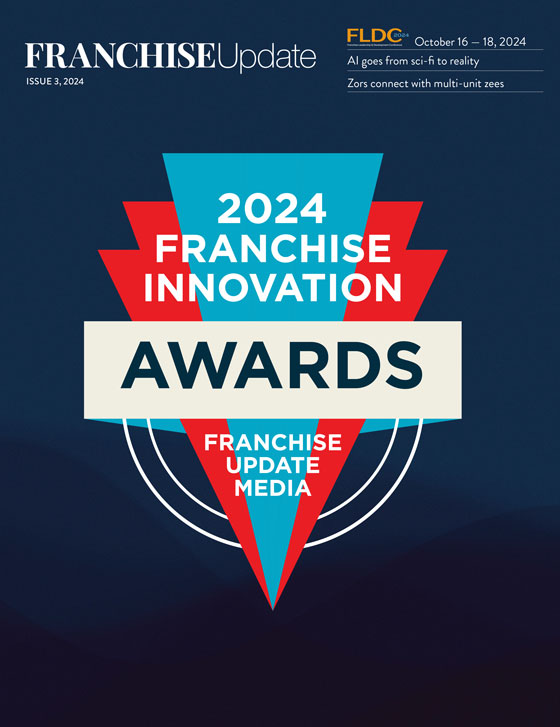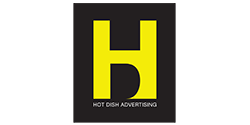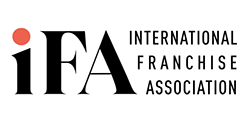A New RX: Create a World-Class Recruitment Experience

Editor’s note: The following is adapted from an excerpt from John DiJulius’ new book, The Employee Experience Revolution: Increase Morale, Retain Your Workforce, and Drive Business Growth.
So many businesses appear desperate when understaffed, making them less attractive to top talent. Most companies hire reactively, racing to fill openings caused by either turnover or growth. When companies hire after they have a need, their objectivity is distorted, and their hiring standards become compromised.
Hiring objectives
The objective of hiring is not simply to fill job openings with warm bodies. Your No. 1 job is to find a candidate who fits your culture and will enhance it. The first step is creating a world-class recruitment experience (RX).
Great leaders and organizations understand that as much as the potential employee needs to be the right fit for their company and team, the company needs to be the right fit for the potential employee. If not, within the next six months, both are likely to be back at the drawing board.
World-class RX
Everything a brand does, internally and externally, must be an experience. Your organization needs to focus on being BX strong (brand-eXperience strong), an entire experience ecosystem. The companies that will dominate their industries for the next decade will be obsessed with evolving the experience at every level.
We are not just talking about a good or even great interview process that helps you better select the seemingly superior applicants. Who’s to say the people applying are truly rock stars? And if they are rock stars, who’s to say that they will accept your job offer? Today, rock-star employees have choices.
Before the Great Resignation and labor shortage, if a person wanted a new job with a new company, they most likely would apply and interview with one company and then wait to hear if they got the job. Not today. They are interviewing at several companies, looking for the best offer.
Now, the best offer doesn’t always mean the highest compensation. It can mean many different things, typically a combination of factors, including pay, opportunity for advancement, flexibility, workplace culture, hard and soft benefits, professional development, autonomy, mission, purpose, core values, meaning, and the opportunity to work with leaders who will impact their personal and professional development.
When a candidate interviews with your company and then interviews with different organizations, you want those other businesses to pale in comparison to your recruitment experience. The candidate actually becomes worried that your company might not select them. That’s world-class RX.
Before the interview
Your culture’s branding needs to be strong and defined in every way a candidate can be exposed to it, including your website, social media, comments from existing and past employees, reviews on Glassdoor and other employment sites, customer reviews, and interview process.
Your company culture needs to be so definitively clear that one of two things happens: They are either turned on or turned off. And their being turned off is great for both the company and the candidate. Neither the company nor the new employee needs to find out in three months that it wasn’t a good match.
The best way to increase a candidate’s interest in working for your company is by educating them on how hard it is to get hired there. The top employee experience brands articulate that they are not for everyone nor do they want to be. They are for the 2% who want to emerge as the best of the best, who are not afraid to work hard and challenge themselves to see how much greatness they have inside. Not only will potential candidates appreciate that, but it will also tell them that if they get hired, your screening process will protect their workplace culture, ensuring a jerk-free environment.
Narrow the pool
If you go to the career page on most companies’ websites, they tend to say the same generic messages. Every company has a mission and purpose statement. People don’t believe what they read; they believe what they experience. One of Enron’s core values was integrity: “We work with customers and prospects openly, honestly, and sincerely. When we say we will do something, we will do it; when we say we cannot or will not, we won’t do it.” However, the company’s actual practices and behavior did not always align with these values as evidenced by Enron’s collapse in 2001.
I don’t want to waste a lot of time with wrong-fit candidates. They can be weeded out long before the interview process. When visiting a career page, have it say, “Before filling out this application, watch this video first to make sure our company’s culture is a match for you.” It will make a candidate pause and think, “Maybe this company isn’t for me,” or “This is exactly the type of company I want to be part of.”
The absolute best recruiting and culture companies stand out and articulate their mission, purpose, and values with energy, clarity, and gusto. You clearly know what type of culture they have and whether you would be a fit or not.
John R. DiJulius III, author of The Customer Service Revolution, is president of The DiJulius Group, a customer service consulting firm that works with companies including Starbucks, Chick-fil-A, Ritz-Carlton, Nestle, PwC, Lexus, and many more. Contact him at 216-839-1430 or [email protected].
Share this Feature
Recommended Reading:
FRANCHISE TOPICS
- Multi-Unit Franchising
- Get Started in Franchising
- Franchise Growth
- Franchise Operations
- Open New Units
- Franchise Leadership
- Franchise Marketing
- Technology
- Franchise Law
- Franchise Awards
- Franchise Rankings
- Franchise Trends
- Franchise Development
- Featured Franchise Stories
FEATURED IN

Franchise Update Magazine: Issue 3, 2024
| ADVERTISE | SPONSORED CONTENT |








 The franchise listed above are not related to or endorsed by Franchise Update or Franchise Update Media Group. We are not engaged in, supporting, or endorsing any specific franchise, business opportunity, company or individual. No statement in this site is to be construed as a recommendation. We encourage prospective franchise buyers to perform extensive due diligence when considering a franchise opportunity.
The franchise listed above are not related to or endorsed by Franchise Update or Franchise Update Media Group. We are not engaged in, supporting, or endorsing any specific franchise, business opportunity, company or individual. No statement in this site is to be construed as a recommendation. We encourage prospective franchise buyers to perform extensive due diligence when considering a franchise opportunity.